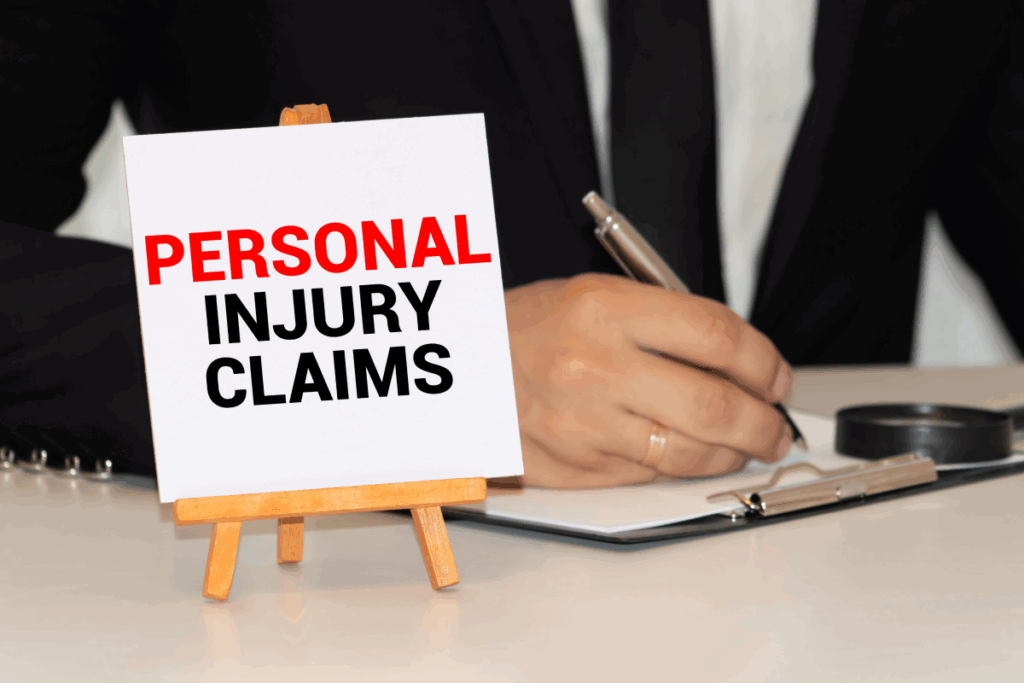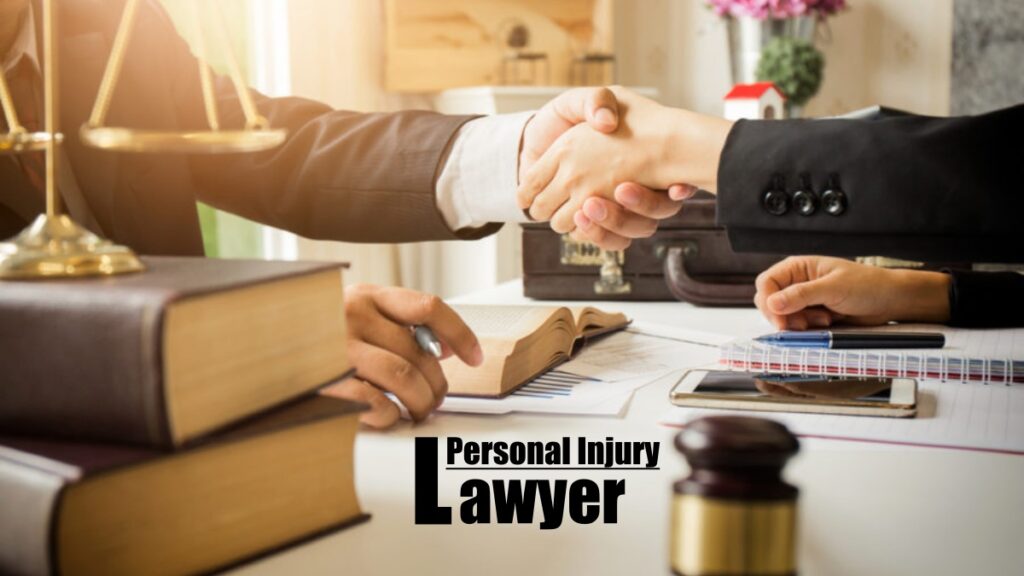Personal injury involves more than just physical pain. It also includes navigating the legal system that is involved in seeking compensation. It can be a difficult time following a slip and fall, auto accident, or other unfortunate incident. The right legal support can help you overcome legal obstacles. For example, attorneys from Price Benowitz have the expertise needed to do so. Understanding personal injury claims is crucial for navigating the legal system effectively. Professional guidance can help. This guide will help you understand personal injury claims and give you the tools to deal with potential challenges. You’ll gain a deeper understanding of each key aspect and be able to pursue your claim with greater clarity and confidence.
Understanding Personal Injury Claims
A personal injury claim is a legal action that arises when a party wants to hold the other party responsible for injuries caused by negligence or malicious intent. These claims seek financial compensation for the plaintiffs’ physical, emotional, and economic suffering. Personal injury law provides a safety net for those who have been injured by accidents. Personal injury law covers a wide range of issues, from minor injuries to serious ones. It also addresses all types of losses.
In the United States, there are many personal injury claims filed every year. Personal injury claims amount to around 400,000 per year, which highlights the importance and prevalence of these legal proceedings.
Types of Injuries Common to Personal Injury
Personal injuries can be caused by everyday accidents or unusual incidents. Personal injuries can be classified into:
- Slip-and-Fall Accidents: These accidents are a large part of all personal injury claims, and they often happen due to an unsafe environment.
- Motor Vehicle Collisions: Roadway collisions are the leading cause of injuries and they can occur with cars, bicycles, and motorcycles.
- Medical Malpractice: Patients may suffer serious consequences if medical practitioners fail to provide adequate care.
- Workplace Injury: Workers’ Compensation Laws cover many workplace injuries.
Evidence and Personal Injury Cases

Evidence is essential to a successful legal outcome in any case. Personal injury claims are not an exception. A comprehensive evidence package not only strengthens the case but also speeds up the resolution process. Evidence includes photographic evidence of the accident scene, as well as medical records that detail the extent of the injuries and the necessary treatment. You can also use official reports to add credibility to your claim. This meticulous preparation is essential, since a lack of evidence could severely weaken the case’s potential.
Steps to take after an injury
It is important to act quickly after any injury in order to ensure medical safety and legal protection. This practical checklist will guide you in your immediate response.
- Seek immediate medical attention: Even if the injury seems minor, it is important to consult a doctor. A prompt evaluation can help prevent conditions from worsening and create a medical history.
- Documentation in detail: Collect and store all evidence, including photos, incident reports, and the contact information of witnesses.
- Incident reporting: To have an official record of the event, you must report it officially. This can be done by filing a police complaint or notifying your employer.
- Documentation: Keep meticulous records of all documents relating to your injury, including medical and financial ones. These will be crucial in claiming compensation.
Insurance Companies and Their Role
Insurance companies play a vital role in the world of personal injury, as they assess claims and provide compensation. Understanding their role, as they frequently aim to minimize payouts, is important. Communication is crucial when dealing with insurance companies. Provide only the necessary information, and avoid recording statements without legal advice. Review any settlement offers carefully, as insurance companies often make preliminary offers that may not fully cover your losses. To ensure fair compensation, a strategic approach requires patience, negotiation skills, and legal advice.
Hire a Personal Injury Lawyer

Professional legal assistance is invaluable in the process of personal injury claims, which can be complex and difficult. A personal injury lawyer with experience will provide you with strategic advice and fight for your rights. Consider the attorney’s experience in personal injury, their past success rate, and feedback from clients when choosing one. Assessing their communication and availability skills is also important, as a responsive attorney will ensure high-quality representation.
Timeline Expected for Personal Injury Cases
The length of cases can vary depending on the complexity and specifics of each case. You can expect the following timeline in general:
- Initial Consultation. This is done shortly after an injury and involves talking to potential legal representatives about the incident.
- Investigating and filing can take from several weeks to months, depending on how complex the case is and the level of documentation required.
- Settlements and Negotiations: It may take a few months to reach an agreement, especially if the parties have long discussions.
- Court Procedures: If negotiation fails, the case may be brought to trial. This will extend the timeline significantly due to the court schedule and procedural requirements.
Frequently asked questions
Understanding personal injury claims will help you dispel misconceptions. Answers to frequently asked questions
How should I proceed if my insurance company refuses to pay?
You may want to consult a lawyer about the possibility of appealing the ruling or using alternative dispute resolution methods.
Am I able to handle a personal injury case on my own?
It’s not impossible to get a favorable result, but having legal representation can increase the chances of it. This often results in higher compensation.
What is the compensation I can expect?
Compensation can vary widely depending on factors such as the severity of the injury and its impact on your life. Also, the negligence of the other party is taken into consideration.

